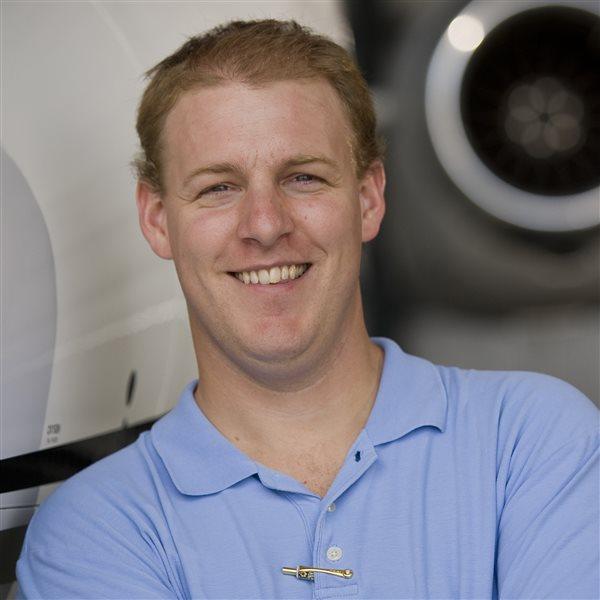Yin and yang. Up and down. Ebb and flow. It would be easy to be philosophical about the cyclic nature of airline hiring if it weren’t so real and didn’t involve mortgages, credit card bills, and car payments.
If you were reading this column just two years ago, the message would be subdued. The industry was going through a down cycle, with predictions that in a few years things would start to look up. The major airlines weren’t hiring, which meant the regional airlines weren’t hiring, which meant new flight instructors couldn’t find jobs. Today, the picture couldn’t be more different. Hiring is at a pace not seen since the mid-2000s. There are stories of students being hired while still in school, and instructors only lasting a few weeks before getting the call up to the airlines (see “Behind the Curtain,” beginning on page 26). If you have basic qualifications, decent social skills, and a relatively clean criminal and driving record, you have a good chance of getting a flying job.
I realize that despite those facts the job still seems elusive. The progression from Cessna to Canadair Regional Jet, although well defined, appears as daunting as going from Little League to the Yankees. Don’t be discouraged. Your chances are much better of flying than hitting home runs, and in today’s hiring landscape, practically guaranteed with some hard work and a hefty investment.
Forgive the cliché, but the first step in the progression is to make a goal. Write it down and be as specific as possible. If your goal is to fly for the airlines, spell it out. Depending on where you are in your process, simply saying you want to fly for a living is fine too. Then take your goal and make a plan. If it’s the airlines, get the job as soon as you possibly can. If you don’t have a degree, research one of the two- or four-year schools in our Annual College Aviation Directory (beginning on page 32). If you already have a degree, consider an academy that can get you in the door fast, such as ATP Flight School.
A more general goal is fine if you’re a freshman at the University of North Dakota. It’s not if you’re an instructor at Embry-Riddle. Even if you think you may want to fly for the airlines, take college or your training environment as an opportunity to experience as many different types of professional aviation as possible. You may be surprised to find you prefer the worlds of corporate or charter flying.
Most important, make back-up plans. There are thousands of former airline and corporate pilots who work in the aviation industry doing everything from selling single-engine pistons to flying in airshows. It’s for this very important reason that you don’t want to skip college and a back-up degree, as tempting as it may be to get in the cockpit as fast as possible. Flying for a living may be a cool lifestyle, but it does ebb and flow from time to time.



